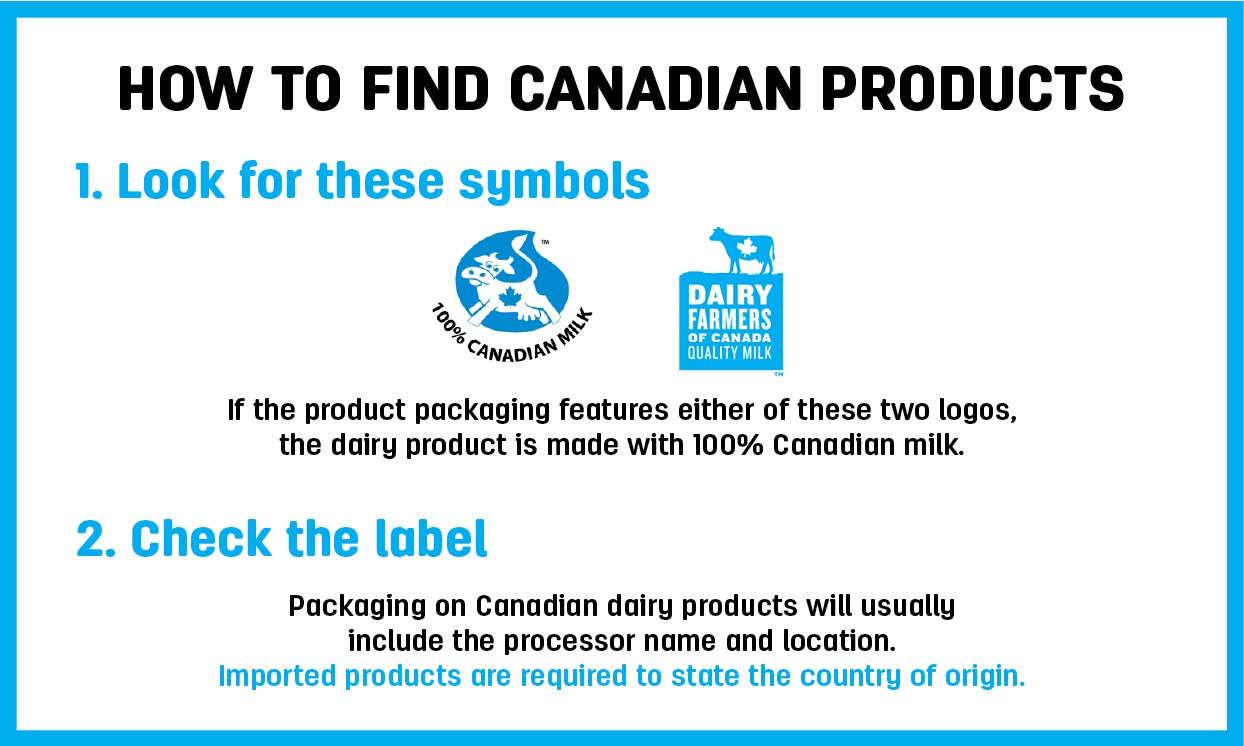
Just in Time for Valentine’s Day: Meet the BC Family Growing Canada’s Local Roses
February 13, 2019
Fresh facts: everything you need to know about locally-grown greenhouse veggies
April 17, 2019
Was one of your resolutions for 2019 to start taking better care of yourself? The Dietitians of Canada have declared March Nutrition Month, which makes it the perfect time to think about how what you put on your plate can benefit you and nourish your community at the same time.
Canada's recently updated Food Guide 2019 has been generating a lot of conversation around food and well-being. Based on the image of a plate full of healthy food, the Guide talks about what to eat and how to eat as well, encouraging Canadians to take the time to prepare and enjoy meals with others as part of a balanced lifestyle. The Guide recommends that Canadians try to fill their plates with a variety of nutritious foods every day. So, aim to include plenty of vegetables and fruit, whole grain products, and protein foods - a category that includes eggs, lean meats and poultry, fish, nuts, seeds, legumes, soy, and lower-fat dairy products.


We’re lucky in BC to be able to obtain most of these foods fairly easily. Dairy is one protein source that’s widely available, affordable, and locally produced. What’s the benefit to including foods like milk, cheese or yogurt in your diet? As registered BC dietitian Sydney Massey recently explained: “Many people may be unaware of the benefits of consuming dairy products. For example, milk provides Canadians with high-quality protein and 6 out of the 8 key nutrients identified as currently lacking in Canadians’ diets: calcium, magnesium, zinc, vitamin A, vitamin D and potassium.” In fact, Osteoporosis Canada suggests that if you’re aiming to eat for better bone health, milk has a high proportion of calcium and is a great source of protein. Canadian dairy is not only healthy, but safe too. BC and Canada have some of the highest standards for dairy products in the world: there are no growth hormones used, and zero tolerance for antibiotics.
"...milk provides Canadians with high-quality protein and 6 out of the 8 key nutrients identified as currently lacking in Canadians’ diets: calcium, magnesium, zinc, vitamin A, vitamin D and potassium." - Sydney Massey, Registered B.C. Dietitian
There’s also a community aspect to dairy products -- all products with Canadian dairy labels are produced by hard-working farmers and their families from your local community. You can learn more about BC’s dairy farmers here and see some of their historic farms in these interviews.
Ready to fill your plate? Start by looking for Canadian dairy products at your local grocery store—here’s how to check that they’re Canadian and local to you. Use those BC dairy products in recipes like Apple Buttermilk Pancakes, BC Pink Smoothie, or Homemade Mac and Cheese! And if you’re curious to meet some of your local dairy farmers, head to our Meet The Farmers guide, or follow us on Facebookand Instagramto connect to your local farming communities!